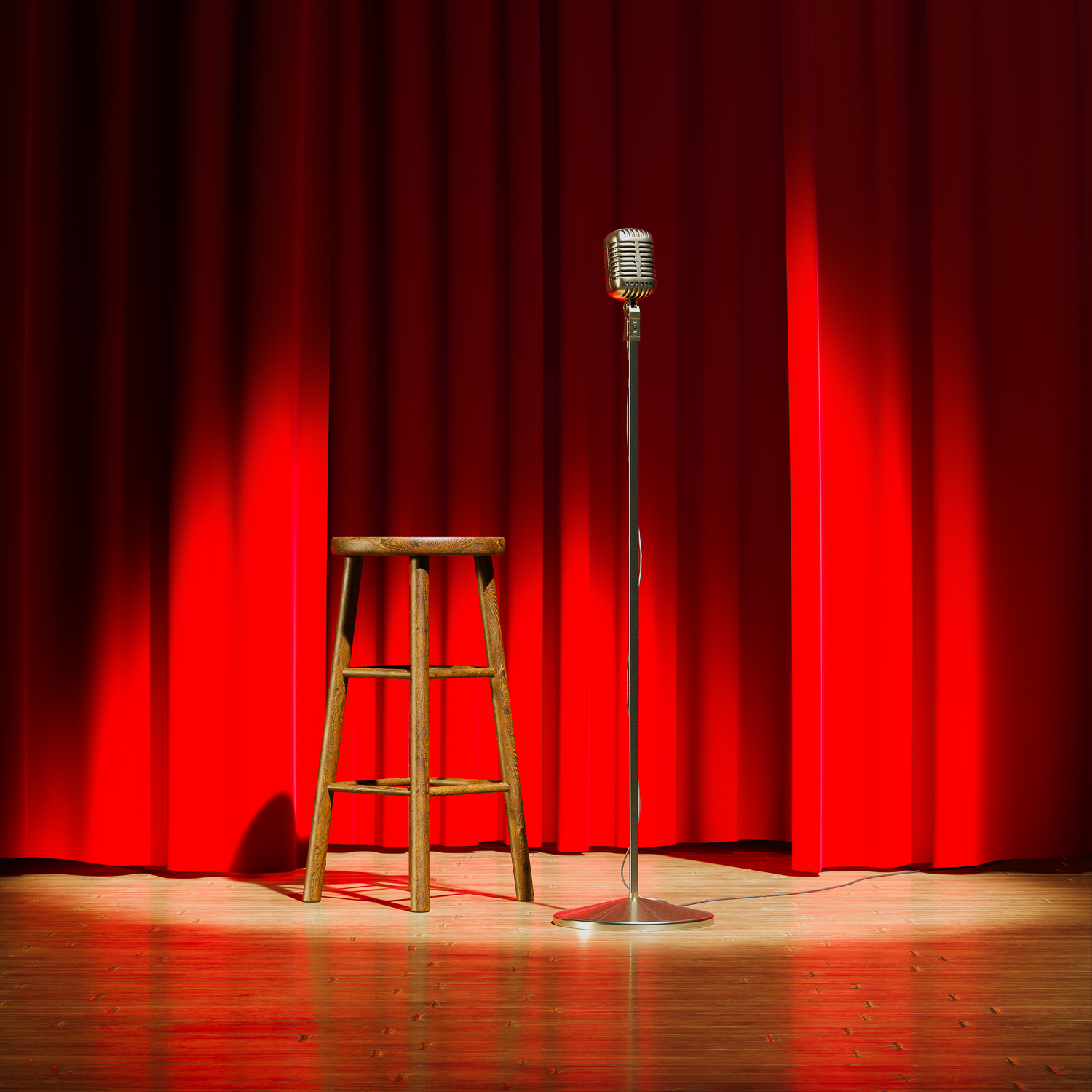An increasing number of African stand-up comedians are touring Europe and the US, often satirising misconceptions and stereotypes about Africa and Africans still prevalent in many Western minds. South African Trevor Noah has become an established international celebrity, but others, such as Noah’s fellow South African Loyiso Gola, Captain Khalid from Tanzania, Learnmore Jonasi from Zimbabwe, and Maira Santos from Mozambique, are rapidly joining him in claiming the world’s stages. These comedians represent a new wave of more Africa-centered narratives permeating globally, building first on the success of African music genres like Amapiano and Afrobeats and, more recently, on the movie industry’s Black- and Africa-centered productions such as Black Panther and The Woman King.
Based in Germany and with an online following of 65,000, Tanzanian Captain Khalid regularly tours across Europe. In November, he posted a video explaining that he "grew up knowing I am Tanzanian" and that being different from other nationalities and cultures on the African continent felt normal, just as Europeans would be aware of the differences within their own. "We talk different, we sound different, and we dance different; everything is different." But once in Europe, "It's just Black people—they put [all of] you in the same group," the video continued, with Khalid jokingly admitting, "It messes with me."
Not only does it occur that Westerners often see all Black people as the same, but many also don’t seem to have any idea of what African everyday lives are like. As Trevor Noah famously joked during the Ebola epidemic in 2015, many Americans think that Africans across the continent “are all just coughing on each other in one big hut.” At another comedy show, US-based Zimbabwean comedian Learnmore Jonasi joked about the popular saying to kids by Western parents: “Eat your food because there are hungry kids in Africa,” as if someone’s hunger in Africa could be alleviated by an American eating for them. At the same time, the comedian impressed upon his audience that the silly, educationally meant statement is not exclusive to white parents: when he was a child, his Zimbabwean parents would tell him to finish his plate because “there are hungry children in Somalia.”
Similarly, discussing depictions of African children, Brazil-based Mozambican Maira Santos recently posted a clip asking why pictures of African children published internationally “often have snot running down their nose,” echoing Trevor Noah’s old question of whether the fly, often seen sitting on these children’s faces, was a “trained actor.” His point: even under bad conditions, people are surely capable of removing a fly from their face.
These comedians do not deny the fact that poverty still exists in many African countries, but through their shows, they correct the stereotype of Africans as poor victims who are incapable of taking charge of their own situation. They offer new perspectives by narrating rather than being narrated about. Of course, an important reason that the West knows their names and is confronted with their jokes is precisely because comedians like Trevor Noah and Loyiso Gola, who have become international stars, often live or spend a lot of time abroad. While their national colleagues often joke about the powers that be and the funny aspects of society in their own countries, 'Western' experiences have partly informed the repertoire of the 'internationals.'
While individual comedians don’t represent entire cultures, and there is always a risk that stereotypes continue to be reproduced, or new ones created—even through laughter—the steadily increasing engagement between African comedians and international audiences is certainly new. And it spreads joy, too.
Call to Action
ZAM believes that knowledge should be shared globally. Only by bringing multiple perspectives on a story is it possible to make accurate and informed decisions.
And that’s why we don’t have a paywall in place on our site. But we can’t do this without your valuable financial support. Donate to ZAM today and keep our platform free for all. Donate here.


